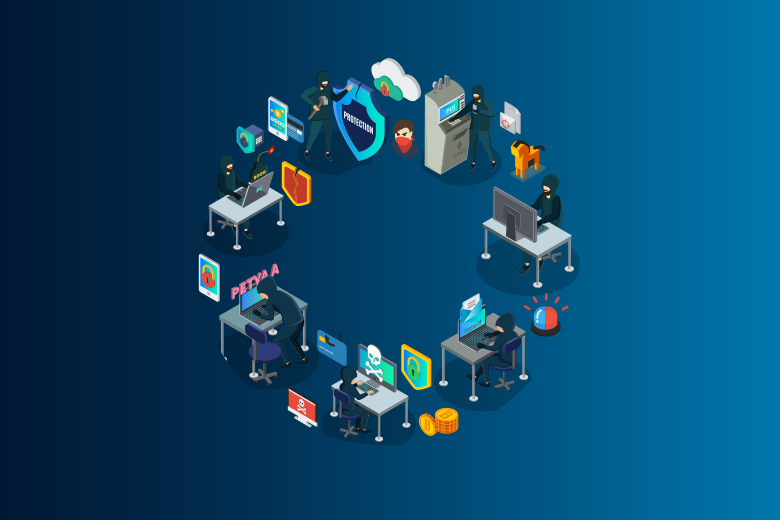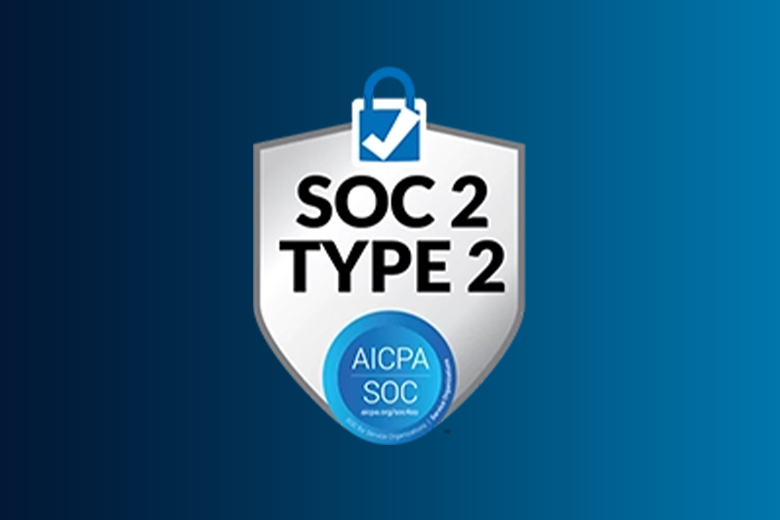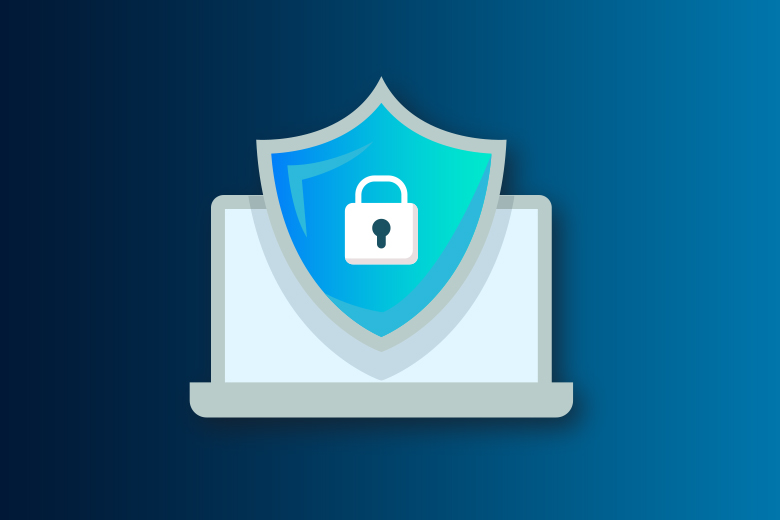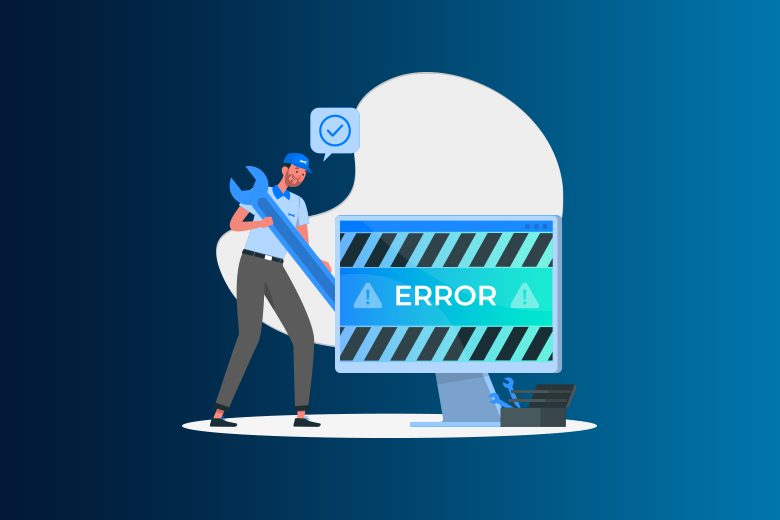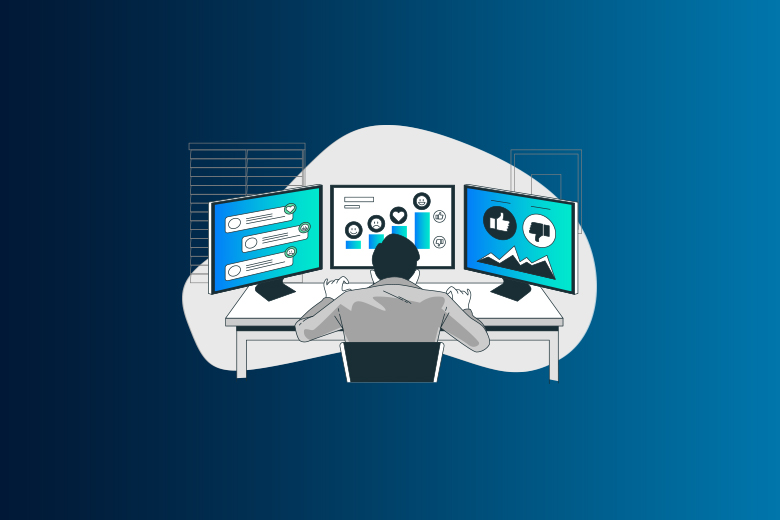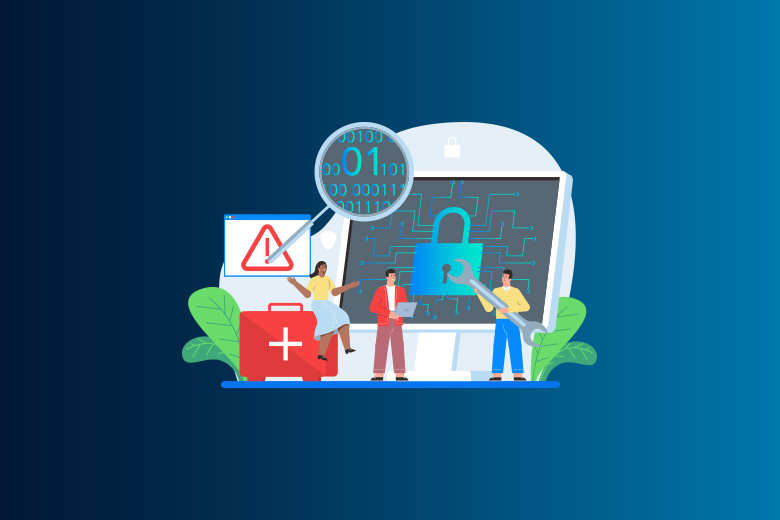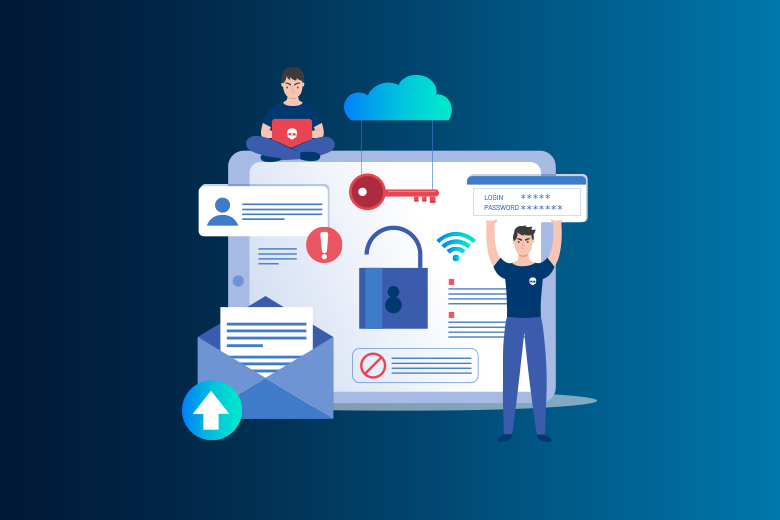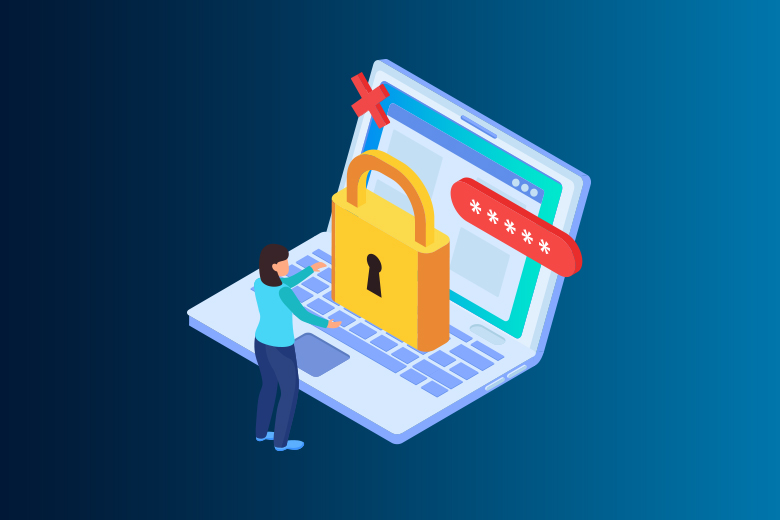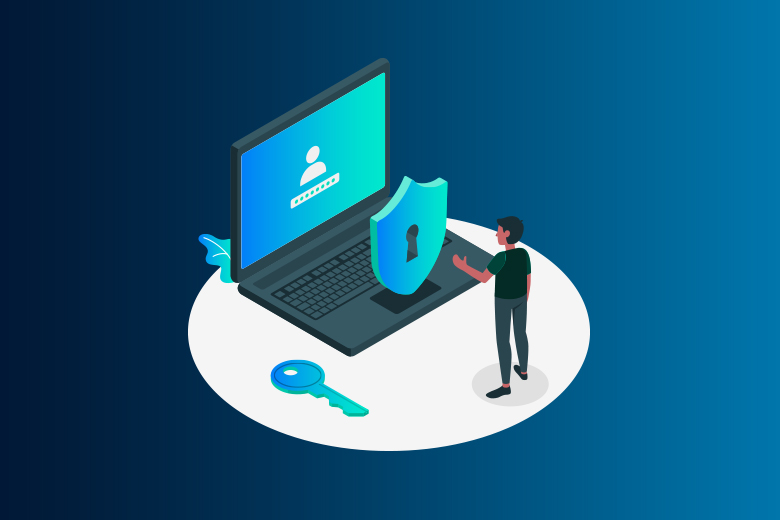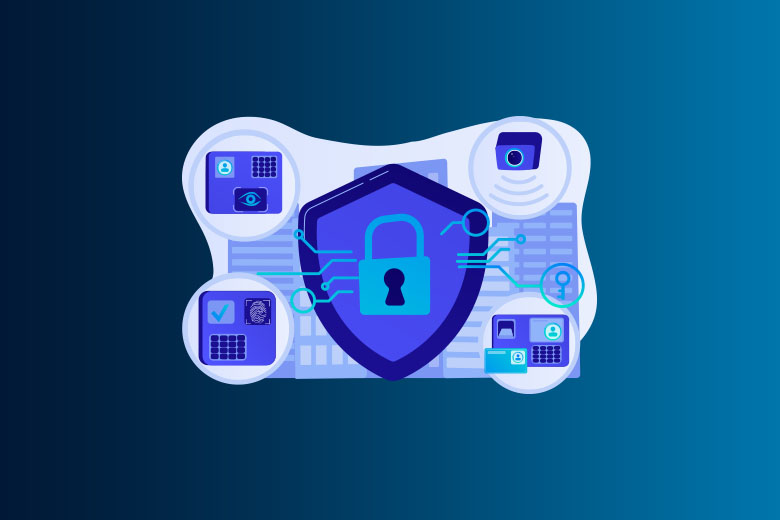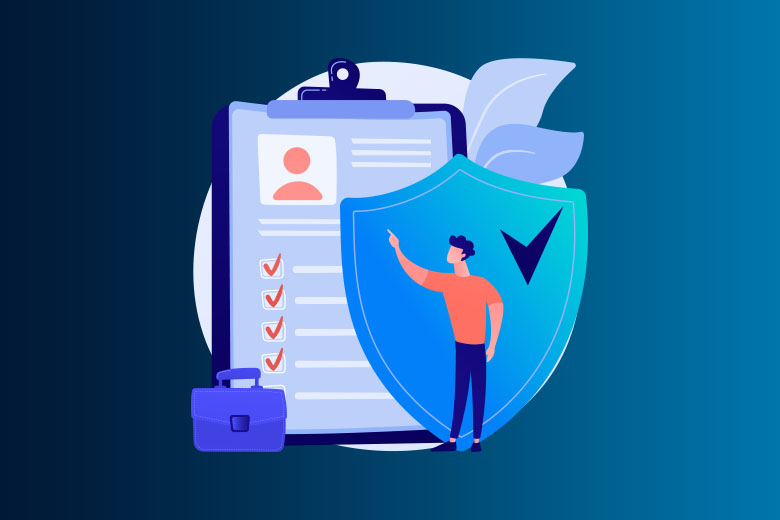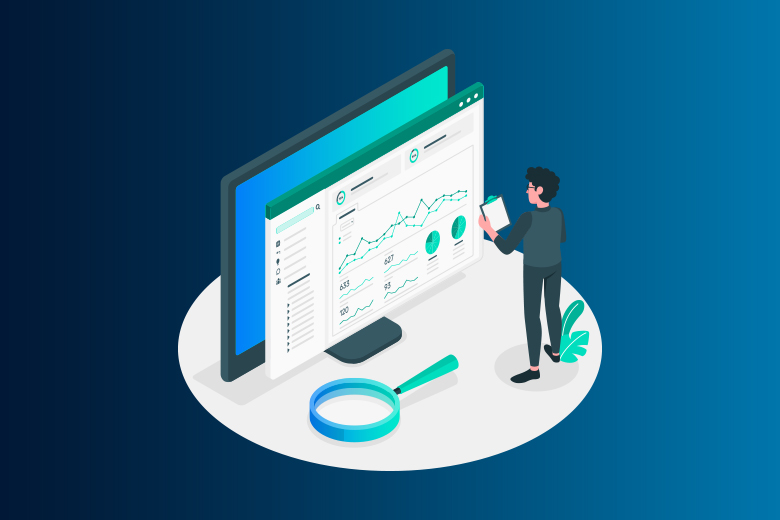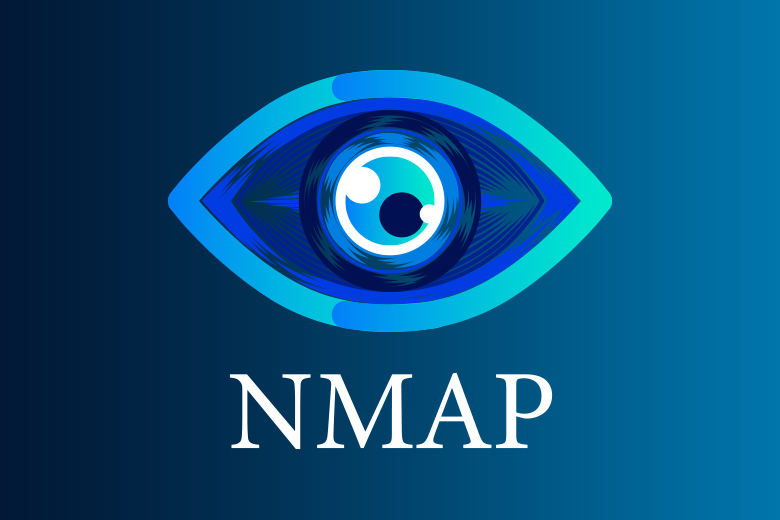22 May 2024
SafeAeon Inc.Patients can rest easy knowing that their Protected Health Information (PHI) is being used and shared legally thanks to the Health Insurance Portability and Accountability Act (HIPAA). But not following the rules can be a costly weakness, with heavy fines and damage to one's image always a possibility. Don't worry, though! It is possible to get HIPAA compliance, and the key is to use more than one strategy.
The numbers paint a grim picture. There were over 450 healthcare data breaches reported to the Department of Health and Human Services (HHS) in 2022 alone, which affected millions of people. These breaches can be caused by a lot of different things, from losing computers with patient records on them to more complex cyberattacks. Such events have big effects, not only on the bottom line but also on patient trust, which is essential for any healthcare company to be successful.
What then is the secret to being in line with HIPAA? There is no magic bullet, but a full compliance program can make all the difference. With clear policies and procedures serving as a road plan, this program should run like a well-oiled machine. Staff members should get regular training to make sure that everyone is on the same page and knows what they need to do to protect private information. A knowledgeable staff is, after all, the first line of defense.
That's not the end of this trip. It is important to do regular risk assessments to find any lag in your protection. Taking care of these vulnerabilities ahead of time can stop a big breach in the future, just like fixing a leaky roof before a storm. Adding strong technology protections, such as encryption and access controls, makes the security even better.
Following HIPAA rules might look like a difficult puzzle, but if you take the right steps, the pieces will fit together. Healthcare groups can avoid big fines and build a culture of trust by putting patient privacy first. This will lead to stronger relationships with patients and, in the end, long-term success.
What Is HIPAA Compliance?
HIPAA compliance involves conforming to the requirements of the Health Insurance Portability and Accountability Act (HIPAA). This U.S. law sets privacy standards to protect the medical records and health details of patients. Healthcare providers, health plans, and healthcare clearinghouses must protect Protected Health Information (PHI) in both digital and real forms to be compliant.
To follow HIPAA rules, these covered companies must put in place several safety measures. These safety measures are administrative, physical, and technical. They include regular risk assessments, making sure that only authorized staff can access PHI, encrypting sensitive data, and setting up good ways to notify people when there is a data breach.
HIPAA Compliance: Six Essential Elements and Provisions
Companies that deal with protected health information (PHI) must follow HIPAA rules, which are made up of six main parts:
Rule for Privacy
This rule sets rules for how healthcare providers, health plans, and clearinghouses that are protected must handle and keep PHI safe. It gives people rights over their health information, like being able to see their records, ask for changes, and get a list of who has seen their information. Covered companies must give a Notice of Privacy Practices (NPP) that explains how they will use and share PHI. They can only share PHI for treatment, payment, and healthcare operations, or if the patient gives clear permission.
Rule for Safety
This rule says that electronic protected health information (ePHI) must have safeguards in place to protect it from both internal and external risks, like hackers and careless employees. It lists administrative, physical, and technical safety measures, such as risk assessments, facility entry controls, encryption, and managing who has access to what.
The rule for Breach Notification
This rule says that when unsecured PHI is stolen, covered organizations and their business partners must quickly and within certain timeframes tell the people affected, the U.S. Department of Health and Human Services (HHS), and sometimes the media.
Rule for Enforcement
This rule explains what to do and how to be punished for breaking HIPAA rules. The seriousness of the breach and the organization's level of negligence determine the type of punishment, which can range from civil to criminal.
HITECH Act
The Health Information Technology for Economic and Clinical Health (HITECH) Act, which was passed in 2009, added business associates of covered organizations to HIPAA's protections. It made breach reporting required and raised the fines for not following the rules.
BAAs, or business associate agreements
Businesses that need to be covered must sign BAAs with their business partners. Like third-party sellers who handle PHI. These contracts make sure that business partners follow HIPAA rules and keep PHI safe.
Healthcare companies must stay in line with HIPAA to protect patient privacy and avoid legal problems. Compliance measures usually include teaching staff, figuring out risks, making policies and procedures, and keeping an eye on things and auditing them all the time. A lot of businesses also hire outside help to figure out how to follow the complicated HIPAA rules. Not following the rules can result in big fines, legal problems, and damage to your image.
What are the keys to success for HIPAA compliance?
To successfully follow HIPAA rules, you need to take a multifaceted method that includes the following important parts:
Evaluation of Risk
The first step in complying with HIPAA is to do a thorough risk assessment to find possible threats and weak spots in the protection of Protected Health Information (PHI). This means looking at the company's physical, technical, and management defenses and figuring out how likely and bad security events could be.
Making policies and procedures and putting them into action
Healthcare organizations should set up and follow policies and procedures that are in line with HIPAA rules after analyzing the risks. These should cover things like controlling who can see what data, encrypting that data, backing up and restoring that data, responding to incidents, and teaching employees. They should be looked at and changed regularly to keep up with new security and regulatory issues.
Training for the Job
HIPAA compliance is more than just using technology. It also means teaching the people who work in healthcare. All workers, contractors, and volunteers who deal with PHI must get training. This training should stress how important it is to protect PHI, what will happen if you don't follow the rules, and how to report an event.
Safeguards, both physical and technical
For businesses to protect PHI, they need to use both physical and technical measures that are right for the size and complexity of their operations. Access controls and security for buildings and devices are examples of physical safeguards. Encryption, firewalls, and network security methods are examples of technical safeguards.
Regular checks and audits
To make sure that HIPAA rules are always being followed, there must be ongoing tracking and regular audits. Organizations should regularly look at how well they're following policies and find ways to do better. They should also put in place monitoring systems to find security issues quickly and deal with them.
Taking care of relationships with business partners
Also, businesses need to make sure that their business partners, like IT companies and third-party service providers, follow HIPAA rules. Doing your research and adding the right clauses to contracts to protect PHI and make sure it is only used for authorized reasons is part of this.
Putting in reports of security incidents
HIPAA says that healthcare organizations must quickly tell the people who are affected, the Department of Health and Human Services (HHS), and sometimes the public about any security incidents. There should be ways to report these kinds of incidents and full reviews should be done to find out what happened, how it affected people, and what can be done to stop it from happening again.
Compliance with File Sharing Services That Follow HIPAA Rules
It's important for healthcare workers who share client records often to use safe, HIPAA-compliant file-sharing services. Platforms like TitanFile make sure that all uploaded documents carefully follow HIPAA rules. This keeps client data safe from hackers and attackers.
Conclusion
Any healthcare service, insurance company, or business partner that deals with protected health information (PHI) must follow HIPAA rules. A comprehensive method that stresses strict data protection practices is key to success. The first step in this process is a thorough risk analysis that looks for weak spots in an organization's systems and methods. Setting up strong physical, administrative, and technical protections is very important. All workers understand HIPAA rules and their specific duties thanks to regular training programs that encourage a culture of compliance. Also, good incident reaction plans should be easy to find to deal with any possible data breaches quickly. Finally, security steps need to be constantly looked at and changed as needed. These steps are taken in response to new threats and changing rules. They protect the privacy and security of patient data and make sure that HIPAA rules are always followed. For your business, SafeAeon can be the safest bet to ensure HIPAA Compliance and top-quality cybersecurity services.

